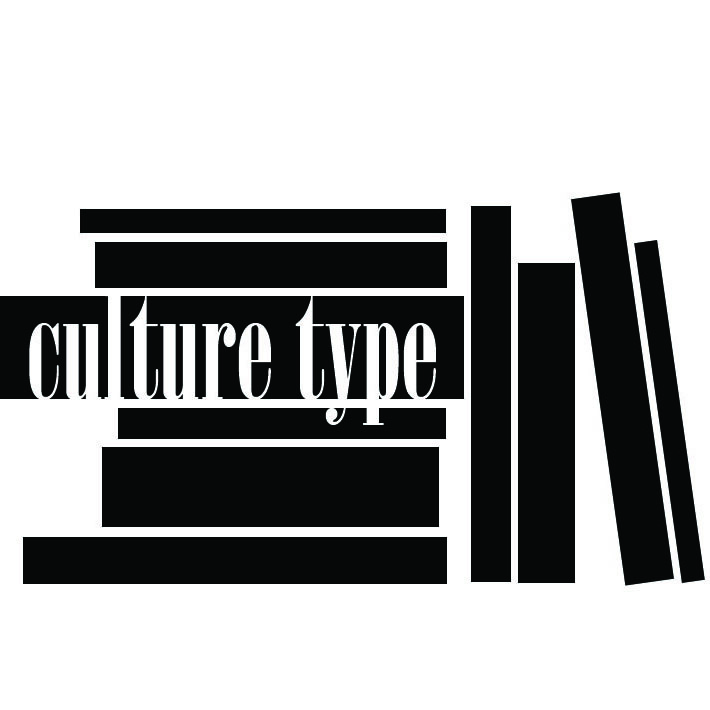THE MACARTHUR FOUNDATION has announced its class of 2015 fellows and photographer LaToya Ruby Frazier is among the two dozen recognized for groundbreaking work and outstanding accomplishments in their field.
“These 24 delightfully diverse MacArthur Fellows are shedding light and making progress on critical issues, pushing the boundaries of their fields, and improving our world in imaginative, unexpected ways,” said MacArthur President Julia Stasch on the Chicago-based foundation’s website. “Their work, their commitment, and their creativity inspire us all.”
Frazier, 33, is a social documentary photographer and video artist who “uses visual autobiographies to capture social inequality and historical change.”
According to the foundation, “Frazier explores identities of place, race, and family in work that is a hybrid of self-portraiture and social narrative. The crumbling landscape of Braddock, Pennsylvania, a once-thriving steel town, forms the backdrop of her images, which make manifest both the environmental and infrastructural decay caused by postindustrial decline and the lives of those who continue—largely by necessity—to live amongst it.”
Frazier explores identities of place, race, and family in work that is a hybrid of self-portraiture and social narrative. — MacArthur Foundation
A professor of photography at the School of Art Institute in Chicago, Frazier has built her practice around images of her mother, grandmother and great-grandfather “gramps,” as well as self portraits using their generational story to convey a larger narrative about social and economic conditions in post-industrial communities around the country. Published last year, her first book, “LaToya Ruby Frazier: The Notion of Family,”, captures these images.
“My camera has been that catalyst for me to really look at these situations head on and not flee from them and put that mirror back up not only to myself and family, but to the residents of Braddock, to Pittsburgh, and to the country and our society and culture,” says Frazier in the video below. “I think it is important to use the camera when you are dealing with these things that we erase and avoid and pretend are not there it is my job and duty to be a witness to what’s happening.”
“My camera has been that catalyst for me to really look at these situations head on and not flee from them and put that mirror back up not only to myself and family, but to the residents of Braddock, to Pittsburgh, and to the country and our society and culture.”
— LaToya Ruby Frazier, MacArthur Foundation
THIS YEAR’S FELLOWS ALSO INCLUDE painter Nicole Eisenman, tap dancer and choreographer Michelle Dorrance, Ghanaian education entrepreneur Patrick Awuah, adaptive designer and fabricator Alex Truesdell, and journalist Ta-Nehisi Coates.
See full list of 2015 MacArthur Fellows
The annual MacArthur fellowships are unrestricted awards of $625,000 dispersed over a period of five years. Winners do not apply but are identified and suggested to the foundation by a rotating pool of external experts in various fields who recommend the most creative, and often under-recognized, people in their fields.
In previous years, several critically acclaimed African and African American artists have received MaCArthur fellowships including Rick Lowe (2014), Carrie Mae Weems (2013), Mark Bradford (2008), Whitfield Lovell (2007), Julie Mehretu (2005), Deborah Willis (2000), Kerry James Marshall (1997), Kara Walker (1997), David Hammons (1991), Martin Puryear (1989), and Fred Wilson (1989).
FRAZIER RECENTLY CITED the influence Gordon Parks’s social documentary photography had on the early development of her practice for a Metropolitan Museum of Art project.
Her first solo institutional exhibition in France opens on Oct. 16. “LaToya Ruby Frazier: Performing Social Landscapes” at Carré d’Art-Musée d’Art Contemporain in Nimes, France, presents selections from several of her documentary projects, including the video “Frazier Take on Levi’s” and photographs from “Pier 54,” and the foundation of her work, images that examine the decline of the population and steel industry in Braddock (“Campaign for Braddock Hospital” and “The Notion of Family”).
In the video below, Frazier shares her reaction when she learned she had won the fellowship: “When I got the call from the MacArthur Foundation I felt a deep sense of responsibility and gratitude and i was really overjoyed because I realize that is an opportunity for me to continue to make meaningful work and have a purposeful life.” CT























